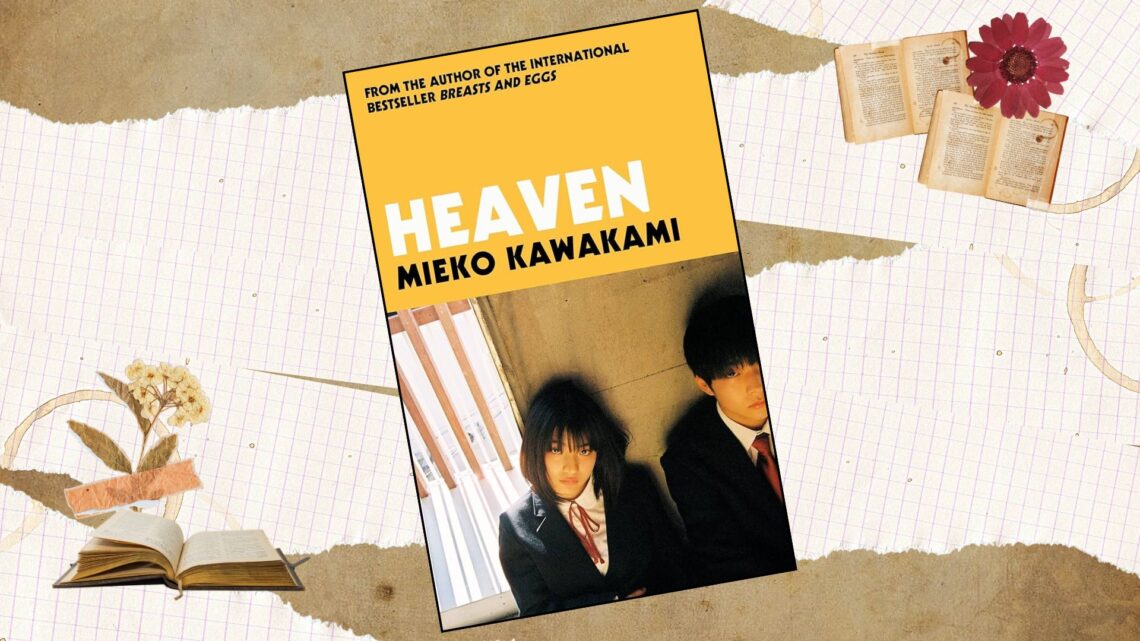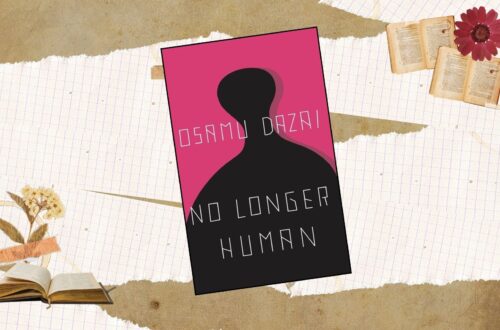“If there is a hell, we’re in it. And if there’s a heaven, we’re already there. This is it.”
Mieko Kawakami
Shortlisted for the 2022 International Booker Prize and gaining rise on media platforms, Heaven by Mieko Kawakami has been on my radar for a while. I’m a sucker for the simple, almost whimsical scenes set by Japanese literature, especially as shown by Murakami’s works. Bursting with raw prose and tranquil forwardness, Heaven definitely did not disappoint in that aspect.
The novel follows a nameless 14-year-old boy. Subject to relentless bullying for having a lazy eye, he chooses to suffer in silence instead of fighting back. The only person who understands what he is going through is his female classmate Kojima, who also experiences getting bullied. They create a bond woven by this shared terror, and later realizes the true, fragile nature of their so-called friendship.
Inspired by Murakami’s curious style, Heaven provides philsophical viewpoints on the different spectrums of tragedy, from the inflictor to the victim, through its simple and straightforward prose. It’s schoolage characters act as mouthpieces for these viewpoints, creating a dilemma even on the topic of abuse and bullying. While many reviews bash the lengthy discussions of the young characters on these topics, I believe that it adds a dreamlike quality to the book. The book relies almost solely on these discussions to portray interactions between characters which are not bullying, which gives a handpicked, and therefore vignette-like scenery to the novel.
I can’t say they worked too well, though. At about the middle of the book, there’s a conversation that just feels way too contrived, even by this book’s standards. By then, it felt like it was the author speaking, rather than the characters.
However, I won’t deny that it was a difficult read. Not because of the violent scenes (I can handle those well, as long as they fit into the context of the story), but the different “viewpoints” set by the character on the inflictor side of the bullying, Momose, were so overly skewed. Even if Momose’s message, or viewpoint, that there is no right or wrong but only consequences, if it ever does come through, is valid in the context of the book, he applies that in ways that comes close to being sociopathic. While this does counter Kojima’s own philsophical stance, it only covers the viewpoint on the obviously scarce, sociopathic margin of the inflicting side.
I didn’t like this book too much. The scenery was nice, the prose was crisp, but the message of this book seemed pointed at the wrong direction.
~ 2 stars.




